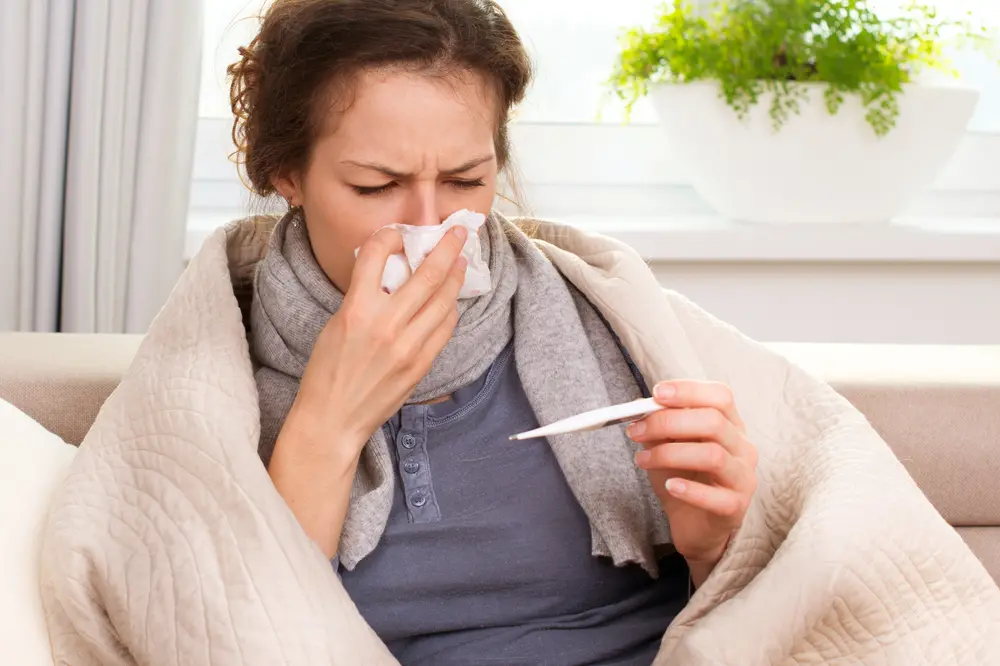PHOTO
The Ministry of Health and Prevention (MoHP) has also said that the number of influenza cases reported at the national level are slightly higher this year. However, no statistics were available on the number of cases or the number of vaccines since the start of the season. Taking anti-viral drugs helps prevent complications and flu treatment is most effective if it's taken in a timely manner, within 48-72 hours from the start of symptoms, the MoHP said in an advisory. It is also working with local health entities to strengthen national influenza response inclu-ding diagnostics, antiviral susceptibility monitoring, outbreak responses, and increasing vaccine coverage among high-risk groups.
More residents fall ill
A large number of residents have reported moderate to severe illness with hospitalisations required in some cases from high fever and severe chest congestions that accompanies flu. The Dubai Health Authority (DHA) said that it sees a 20 to 30 per cent rise in the number of respiratory illnesses every winter, the majority being children and people with low immunity. "During the winter months, there is an increase in viruses and a general drop in immunity; this leads a peak in respiratory illness especially upper respiratory tract viral infections (URTIs) such as influenza, common cold, bronchitis etc," said Dr Bassam Mahboob, head of respiratory department at Rashid Hospital and head of Emirates Respiratory and Allergy Society.
"Research shows the increase in flu cases is due to inhalation of cold air, causing a reduction in nasal temperature. This can inhibit respiratory defences against upper respiratory tract infections (URTIs)," said Dr Bassam. In Dubai, flu season is typically Dec-ember to February, although the increase in patients is seen from mid-November. The doctor added that those who suffer from chronic diseases and recurrent infections should consult their doctor if they need a flu shot.
Children at risk
Children are particularly susceptible to URTIs due to lower immunity. Therefore, the ones prone to getting recurrent infections should opt for the flu vaccine. "Parents should also ensure children get adequate sleep, eat healthy foods and limit sugars and unhealthy fats to the maximum extent possible."
Children can be given a general multivitamin after consulting a paediatrician. Parents should ensure their children have adequate vitamin D levels or else given a supplement because vitamin D is crucial in building immunity.
For Vitamin C, its best to stick to natural sources such as lemon, oranges, kiwi etc. Parents should also check their kids' iron levels. Once the iron levels are normal, the number of times a child catches a cold drastically reduces.
Reporting by Asma Ali Zain
Copyright © 2017 Khaleej Times. All Rights Reserved. Provided by SyndiGate Media Inc. (Syndigate.info).




















